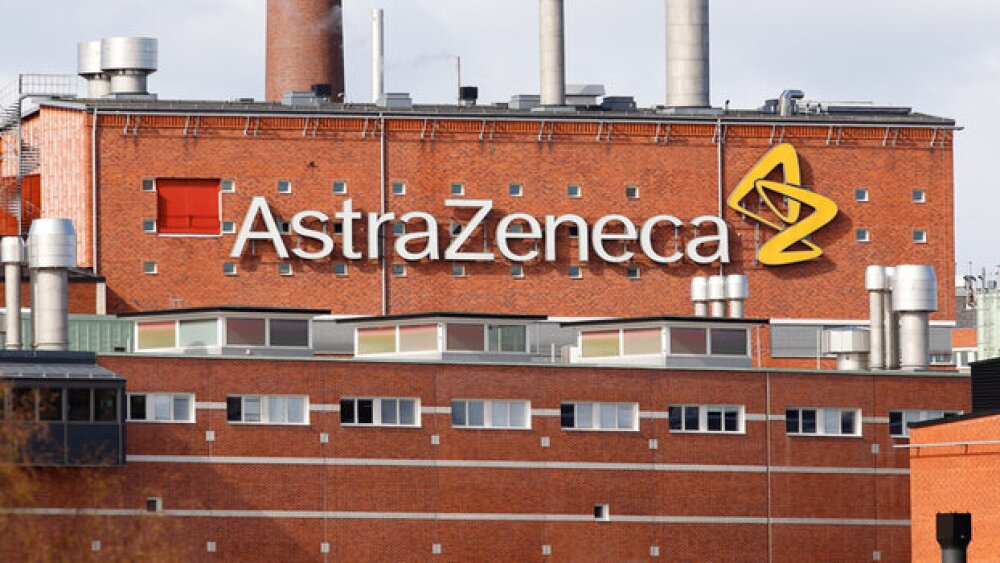The investment in the French biotech is one of many the pharma giant has made this year to advance cell and gene therapy development. Cellectis shares skyrocketed over 180% in premarket trading Wednesday.
Pictured: AstraZeneca production plant/iStock, Roland Magnusson
A lucrative collaboration agreement with AstraZeneca sent Cellectis shares skyrocketing over 180% in premarket trading Wednesday. The pharma giant is investing $245 million in the French biotech, strengthening its commitment to developing cell and gene therapy products.
Covering the therapeutic areas of oncology, immunology and rare diseases, the deal gives AstraZeneca exclusive rights for up to 25 genetic targets with up to 10 candidates in development.
Under the terms of the agreement, Cellectis nabs a $25 million upfront payment and $80 million equity investment before the end of the year. An additional $140 million equity investment in early 2024 will give AstraZeneca a stake of about 44% in the biotech. Cellectis is also eligible for an IND option fee, milestone payments, and tiered royalties.
“The differentiated capabilities Cellectis has in gene editing and manufacturing complement our in-house expertise and investments made in the past year,” AstraZeneca CSO Marc Dunoyer said in a statement.
Cellectis utilizes an allogeneic approach to immunotherapies, developing off-the-shelf gene-edited CAR T-Cells to treat cancer. Its gene editing platform based on the use of TAL nucleases could be used to treat various diseases. The TALEN technology solves key challenges associated with CAR-T including protection from graft versus host disease and mitigation of rejection. The biotech has three of its own CAR-T candidates in Phase I testing for blood cancers.
AstraZeneca has focused on accelerating its cell and gene therapy investments this year as the company has forged multiple deals for different technologies in the field.
In July 2023, AstraZeneca’s Alexion subsidiary acquired a portfolio of a dozen preclinical gene therapies and technologies from Pfizer in a deal worth up to $1 billion. Some of the programs are expected to enter the clinic within the next two to three years. The buy brought several novel AAV capsids into the company’s fold.
AstraZeneca put a potential $2 billion on the line in June 2023 for cell therapies from Quell Therapeutics, targeting type 1 diabetes and inflammatory bowel disorder. Quell received $85 million upfront for its T-regulatory cell engineering toolbox.
In March 2023, AstraZeneca inked a non-exclusive licensing agreement for access to Revvity’s proprietary gene editing technology to develop cell therapies for cancer and immune-mediated conditions. The deal for an undisclosed amount focuses on Revvity’s Pin-point base editing platform, which use a modified Cas enzyme to make precise and efficient edits while limiting off-target and unintended effects on a cell’s viability or other functions.
Cellectis on Wednesday said it will spend the cash from AstraZeneca on gene editing tools, R&D expenses and general corporate purposes.
Kate Goodwin is a freelance life science writer based in Des Moines, Iowa. She can be reached at kate.goodwin@biospace.com and on LinkedIn.






